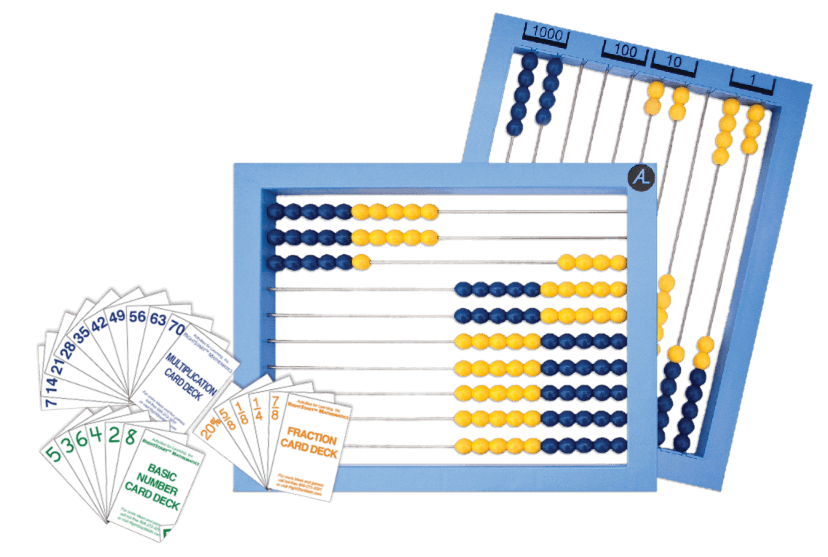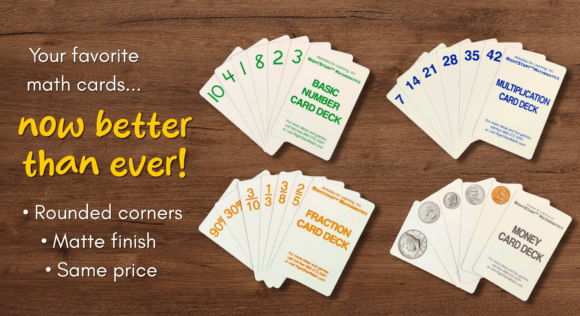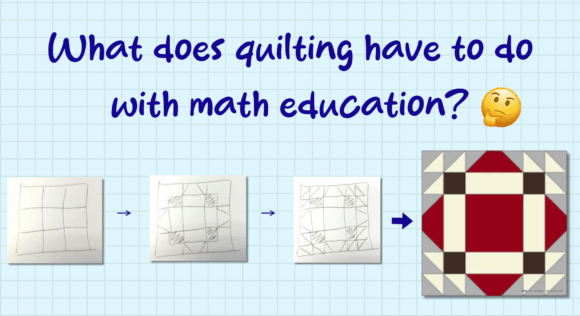Helping children understand, apply, and enjoy mathematics.
RightStart Math gives children a solid understanding, mastery, and love for math.

Elementary and middle school programs
RightStart™ Mathematics is a complete elementary and middle-school program that uses visualization of quantities, de-emphasizes counting, and provides strategies and games for learning the facts. The primary learning tool is the Cotter Abacus, a specially designed two-sided abacus that is both kinesthetic and visual.
From Quilts to Understanding
Kathleen shares a personal story from her quilting table—a moment when creating a pattern reminded her of the challenges children face when learning math.
What happens when simply following directions isn’t enough?

New & Updated Card Decks
We’re excited to share our refreshed RightStart™ Mathematics card decks. The latest print run features rounded corners for a smoother, more durable feel in little hands—same great content, easier shuffling. |
FREE Teaching Support Videos
Are you wanting someone to help guide you, the teacher, through the RightStart Mathematics curriculum?
Debbie Oberste, Rachel Anderson, and Teresa Foltin each provide an overview of a week’s worth of lessons. They discuss what to expect during the week and share pointers and tips. Grab a cup of coffee or tea, click your level, and hang out with us!
What our Customers Are Saying
Thank you so much for your RightStart Math Curriculum. I have been using it for 3 years with my son and my daughter is beginning her second year. I love the strategies you use for teaching math and the lessons are fun to teach.
My daughter is 7 and this is our 2nd year to use RightStart Math. She is in 2nd grade and is adding and subtracting 4 digits numbers with trading like it is nothing. She also can do her multiplications. The most amazing thing is that when she is somewhere and has to spend her money she is quick to tell them how much change she needs back. I have seen a lot of teenagers and adults who cannot do thi… Read more
My daughter is in 4th grade this year. Math has always been a struggle for her, as it was for her father. I discovered that she has dyslexia (which is hereditary). I didn’t realize that had any effect on math, but I found out that people with dyslexia cannot learn with rote memorization or sequential skills. This makes it harder for them to remember math facts or how to do algorithms. Before I kne… Read more


